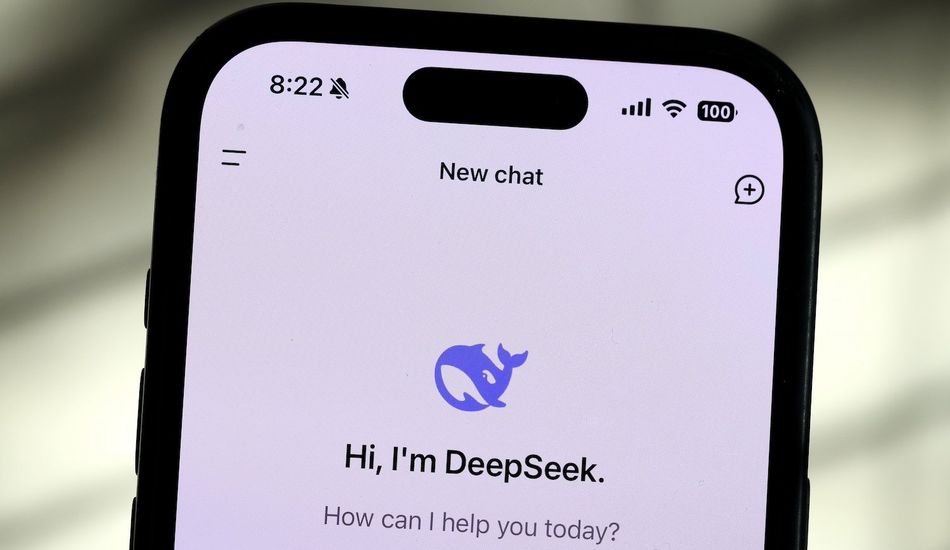
US Mulls AI Export Limits to China Over DeepSeek Data Concerns
A U.S. House committee is pushing for restrictions on AI model exports to China, highlighting concerns over DeepSeek, a Chinese AI firm. The committee suggests DeepSeek used data from OpenAI's ChatGPT to train its own models, raising alarms about data security.
The committee report points to DeepSeek as a “profound threat” to U.S. national security. Lawmakers are concerned about DeepSeek's data collection practices, suggesting user data on Americans is being sent back to China. The company's founder, Liang Wenfeng, also has ties to a hedge fund linked to state-sponsored research labs, adding another layer of concern.
Adding fuel to the fire, the Trump administration recently placed restrictions on chip exports to China, impacting companies like Nvidia. Nvidia had been selling throttled chips for AI processing in China, but now, licenses will be required. Some argue that this move could backfire, pushing China to develop its own chips and potentially hurting American companies like Nvidia.
OpenAI and Microsoft accused DeepSeek of using "distillation techniques," training its AI by studying the outputs of other models. Ironically, OpenAI, known for using web content without permission, is now accusing DeepSeek of similar practices.
Bloomberg reports that OpenAI influenced the House committee's report, claiming DeepSeek "circumvented guardrails" to extract reasoning outputs and accelerate development at a lower cost. OpenAI also suggested DeepSeek used open-source AI models to create high-quality synthetic data.
R1, the open-source model in question, can be hosted locally on U.S. servers and its code can be studied and modified. Companies like Microsoft, Meta, and Perplexity are already hosting the model on their cloud platforms. While users interacting with chat.deepseek.com are using a China-based instance, the model itself is not inherently dangerous.
Past restrictions on high-tech exports to China suggest that curbing AI's entry may not slow China down and could even accelerate its development. When Huawei was cut off from Western semiconductor manufacturers, it spurred the company to develop its own chipsets.
The U.S. government worries that China might use AI to further its geopolitical goals. Model developers can control content, and China's Communist Party could influence a model's viewpoints during training. However, halting AI development in China seems unlikely. The Trump administration continues efforts to separate TikTok's U.S. business from its Chinese owner, but China may not negotiate until tariffs are lifted.
Source: Gizmodo